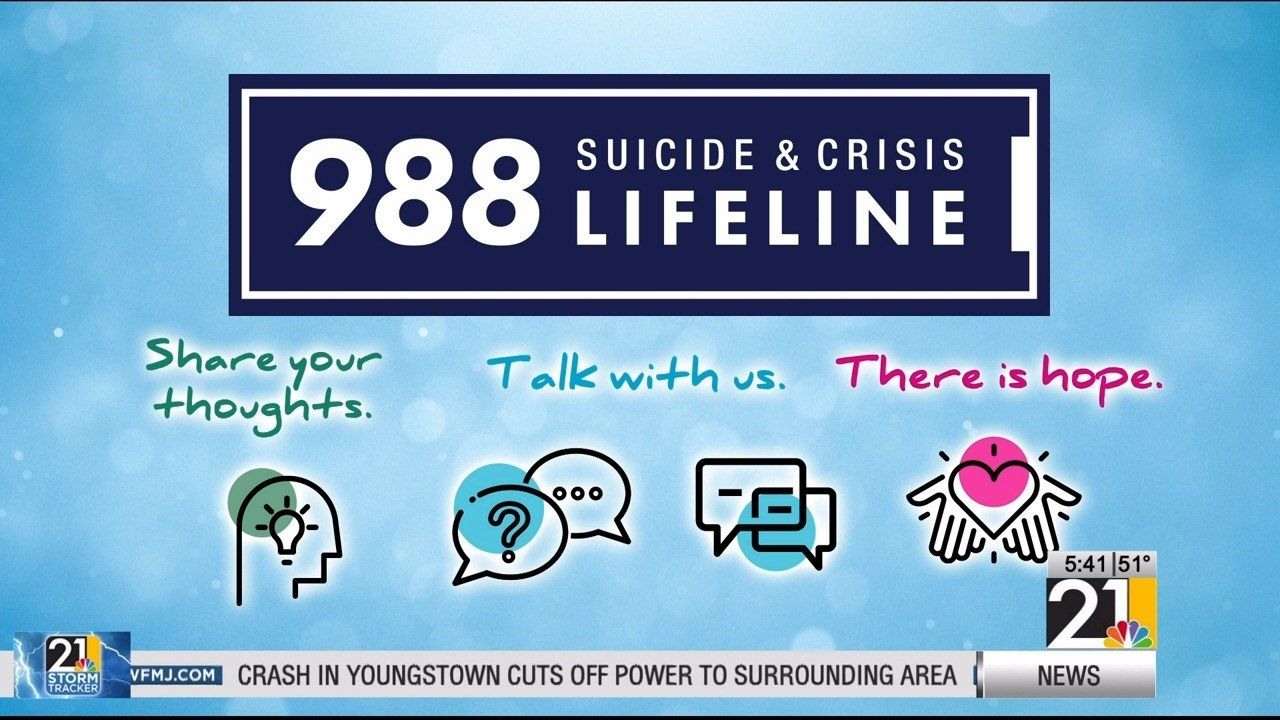Social Media & Mental Wellbeing: Study Reveals Teens Struggling with Mental Health Spend More Time Online

A new study has shed light on the complex relationship between social media use and mental health in teenagers. The research reveals a significant correlation: teens experiencing mental health challenges, such as anxiety and depression, tend to spend longer periods on social media platforms, often finding less satisfaction in their online interactions. This isn't just about quantity; the study also highlights a heightened emotional response to social media, with these teens being more sensitive to feedback, prone to comparison, and experiencing a greater impact from both positive and negative online experiences.
The Research Findings: A Deeper Dive
The study, conducted by [Insert University/Research Institution Name - *Add specific source if available*], followed a cohort of teenagers over a period of [Insert Time Period - *Add specific timeframe if available*]. Researchers tracked their social media usage patterns alongside assessments of their mental wellbeing. The results consistently showed that teens reporting symptoms of anxiety or depression spent significantly more time on platforms like Instagram, TikTok, and Snapchat. Interestingly, this increased usage didn't translate into a greater sense of connection or happiness; quite the opposite, many reported feeling more isolated and dissatisfied.
Why the Connection? Exploring the Underlying Factors
Several factors contribute to this concerning trend. Firstly, social media can be a coping mechanism for teens struggling with mental health. The constant stream of content and potential for connection, even superficial, might offer a temporary distraction from difficult emotions. Secondly, the curated nature of social media often leads to social comparison, where teens compare themselves to the seemingly perfect lives of others, exacerbating feelings of inadequacy and low self-esteem. The pressure to maintain a certain online persona and the fear of missing out (FOMO) can also contribute to increased anxiety and depression.
The Impact of Feedback and Validation
The study also emphasized the heightened sensitivity to feedback among teens with mental health concerns. A single negative comment or lack of likes can have a disproportionately large impact, leading to feelings of rejection and further damaging self-esteem. The constant pursuit of validation through likes and comments can become addictive, creating a cycle of dependence and anxiety. This is particularly concerning given the often-unfiltered and sometimes-cruel nature of online interactions.
What Can Be Done? Strategies for Support
The findings of this study underscore the importance of raising awareness about the potential impact of social media on mental health. Here are some strategies for parents, educators, and teens themselves:
- Promote Mindful Social Media Use: Encourage teens to be conscious of how social media makes them feel and to take breaks when needed.
- Foster Open Communication: Create a safe space for teens to discuss their online experiences and any feelings of anxiety or depression.
- Encourage Offline Activities: Promote hobbies, sports, and other activities that provide a sense of accomplishment and connection outside of the digital world.
- Seek Professional Help: If a teen is struggling with their mental health, don't hesitate to seek professional support from a therapist or counselor.
- Limit Exposure to Negative Content: Encourage teens to unfollow accounts that trigger negative emotions or promote unrealistic standards.
Looking Ahead: Further Research Needed
While this study provides valuable insights, further research is needed to fully understand the complex interplay between social media and mental health in teenagers. Future studies should explore the specific types of social media content that are most harmful and investigate the effectiveness of different interventions aimed at promoting healthy online habits. Ultimately, the goal is to empower teens to use social media in a way that supports their wellbeing, rather than undermining it.






